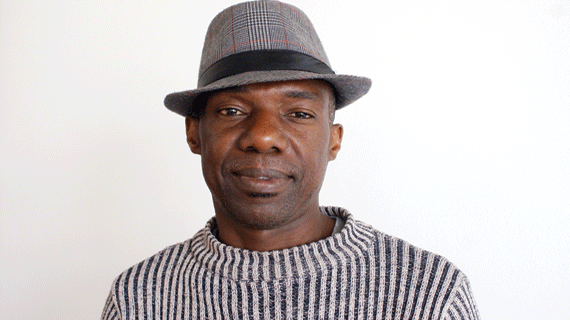
THE advent of strong opposition politics in Zimbabwe, last seen with Zapu in the early eighties, brought with it casualties.
I say this very carefully knowing how we have become so sensitive to the point of seeing sinister colonialists behind every bush.
Sadly we have become prisoners of our fears, real or imagined. Even things we say to each other or write about, for that matter, come under severe scrunity; if not to discern on which side of the political divide one resides.
Zimbabwe has been turned into a deeply polarised country, and emotionally so too; to the extent that a simple wave of the hand has become symbolic of belonging to a certain political party. Let alone uttering the word “change” itself!
Yet there is nothing inherently wrong with change. Change is the essence of continuity. It is what is called natural progression. The legendary dodo, a flightless bird became extict when it failed to adjust to change.
That is the subject of this article where we discuss the burning issue of Bulawayo’s de-industrialisation woes. Some home truths came out of last week’s discussion at the Alpha Media Holdings organised Unlocking Value Series.
The theme was: “Bulawayo Is Open for Business”, which in itself pointed to the fact that the days of mourning should effectively be discarded if we are to move forward.
For one, it would be folly to think that we will return to the days of billowing smoke since that in itself is a sure sign of regression as technology advances at breakneck speed. The means of production have been transformed to cleaner, leaner and meaner processes: A sign of the new times.
- Chamisa under fire over US$120K donation
- Mavhunga puts DeMbare into Chibuku quarterfinals
- Pension funds bet on Cabora Bassa oilfields
- Councils defy govt fire tender directive
Keep Reading
Unfortunately, industry has long been engaging in hand-wringing and self-denial. While we accept that for some time they needed some hand holding by government at one time, the reality was that the government had serious issues weighing down on them to play nanny.
Gone were the days when industry would hang on to the apron strings of the State for support. The honeymoon traced back to the Ian Smith era of sanctions busting was well and truly over.
The rest of us clung to the hope that a miracle would occur and summon the good times back. Clinging to the once glorious past is a disease afflicting some of us. I am saying this with a qualified “some” because there are those of us still at war.
The liberation struggle is still raging in their minds and they pull the rest of us into the trenches like that character known as Comrade Disaster who emerged from a cave in the late eighties still thinking that the war was still on.
Let us leave those who want to wage wars to their own devices because the forces of change demand that we move on. Most of industry has been stuck in a rut, oblivious of the changed circumstances. As the environment changed around them, for better or for worse, they remained stuck in the past.
Nature demands that as your surroundings change, you have to adjust with them because such transformation is irreversible.
The industrial behomoths of yesterday could not cope with the new dispensation. The new demands that processes be more efficient, compact and clean.
In other words, the situation demanded that industry collapse itself voluntarily to fit and adopt new systems or face collapse.
Which is what has happened to a number of entities that have failed to adjust. There is nothing political about this process.
Ask those that have survived and continue to function; not ignoring, ofcourse, the negative effects of goverment blunders and mismanagement on the business operating environment. That is the curse we have all had to live with since independence.
But the mistake is to take all of this literally and hope for better times while everything collapses around our ears. To take up complaints as an occupation when the forces of nature demand action for growth and expansion as well as progression has been our greatest undoing.
The survivors learnt this bitter lesson very quickly. They looked around and quietly declared that they could not continue doing things the same way anymore.
The most difficult thing is to let go of the past and to embrace the future. We tend to find security in what we know and fear the unknown. But when you are talking about an entity that technically has no feelings, that which is seemily painful has to be done.
We should take those risks.
In agriculture we have leant that grafting is a necessary process in encouraging growth. It seems destructive at first sight, but as the plant recovers and grows, the results are amazing.
The United States ambassador at the ZITF business conference revealed that 60% of business in the world’s richest economy is driven by small-to-medium enterprises. We are not talking about vending here, but start-ups that have grown phenominally to dominate the globe.
Bulawayo can reposition itself to be the centre of growth for a new technologically driven economy, that incubates and encourages the growth of start-ups that can rival Facebook and Google if the right conditions are created.
The time has come for us to stop looking backwards when we want to move forward to embrace the future.
Masiye phambili.










